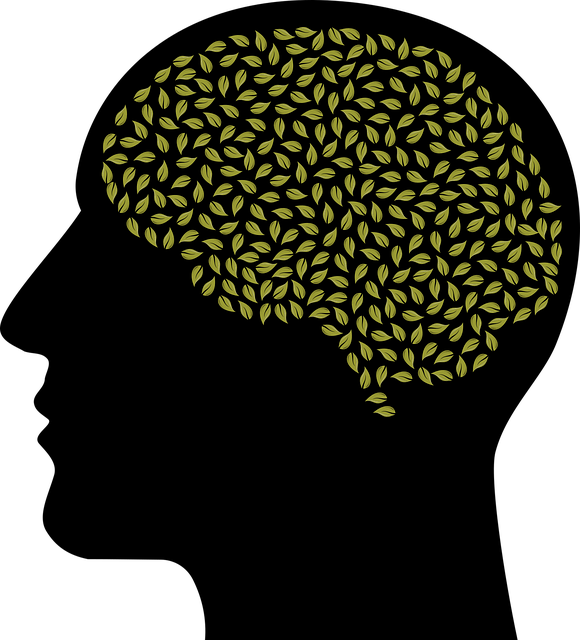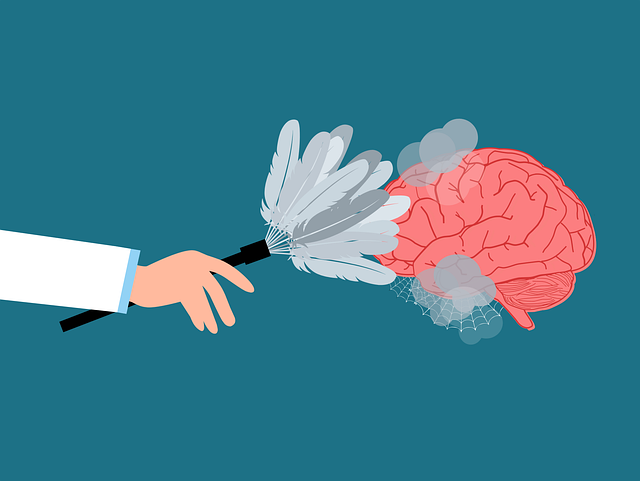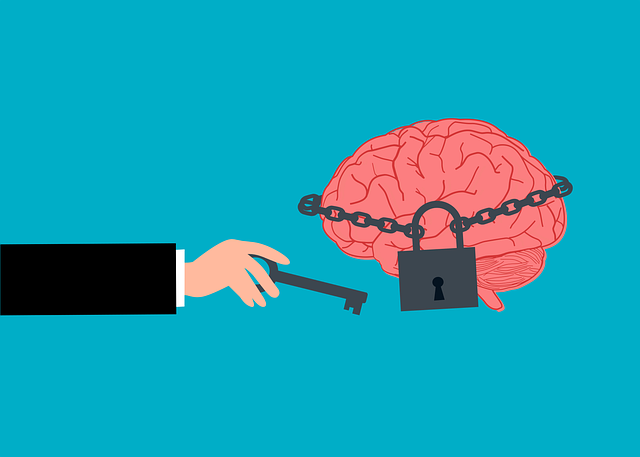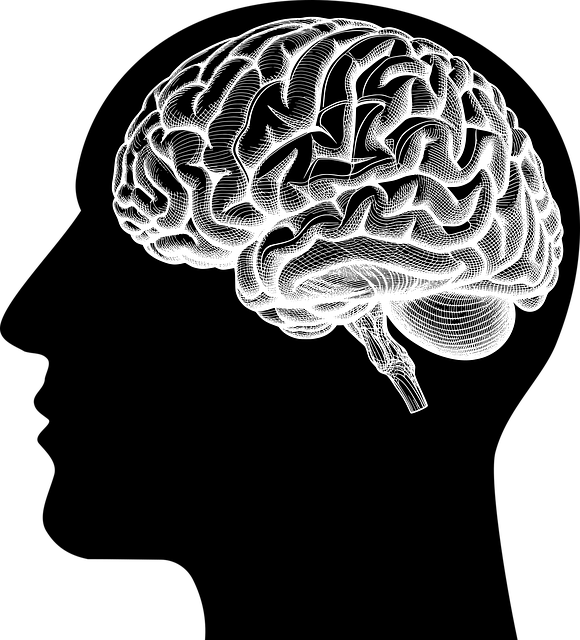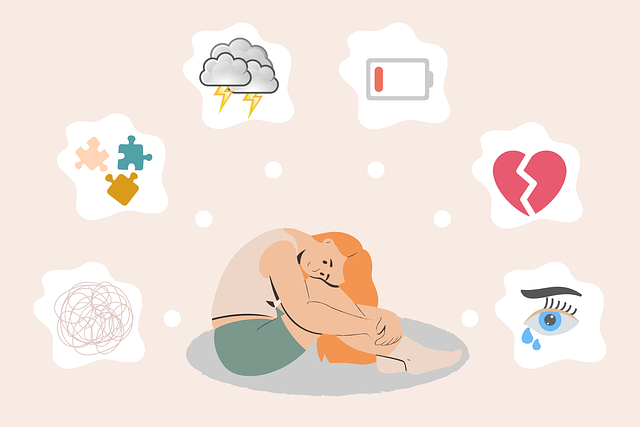Mental wellness programs, such as Highlands Ranch Self-Esteem Therapy, holistically support individuals in achieving emotional, psychological, and social health through therapeutic approaches focused on stress management, coping mechanisms, and self-perception improvement. Evaluations use a blend of quantitative (surveys, questionnaires) and qualitative (interviews, focus groups) methods to track progress and tailor treatments. This dynamic process enhances therapy effectiveness and equips clients with mind over matter principles for sustained mental health awareness and improved self-esteem. Through robust evaluation and feedback, the program continually improves, ensuring positive change for clients in Highlands Ranch and beyond.
Mental wellness programs, like Highlands Ranch Self-Esteem Therapy, are transforming lives. But evaluating their effectiveness is crucial for ensuring they meet their intended goals. This article explores comprehensive evaluation methods essential for understanding the success of such programs. We delve into the balance between quantitative data and qualitative insights, highlighting strategies to measure progress and iterate for optimal results. By examining these approaches, we can better support and enhance mental wellness initiatives, including Highlands Ranch Self-Esteem Therapy.
- Understanding Mental Wellness Programs and Their Purpose
- Evaluation Methods: A Comprehensive Approach for Highlands Ranch Self-Esteem Therapy
- Quantitative vs Qualitative Assessment Strategies
- Measuring Success and Iterating for Optimal Results
Understanding Mental Wellness Programs and Their Purpose

Mental wellness programs are designed to support individuals in achieving a state of well-being that encompasses emotional, psychological, and social health. These programs recognize that mental health is integral to overall life satisfaction and resilience. The primary goal is to empower people with tools and strategies to manage stress, enhance coping mechanisms, and foster positive self-perception. For instance, Highlands Ranch Self-Esteem Therapy focuses on building self-confidence and improving emotional regulation, contributing to the broader initiative of Mental Health Awareness.
By integrating various therapeutic approaches, these programs aim to promote Mental Wellness by addressing specific challenges that impact individuals’ daily lives. Resilience Building is a key component, teaching participants how to adapt and bounce back from adversity. Through structured activities and personalized support, mental wellness initiatives strive to equip people with the skills necessary to navigate life’s complexities, ultimately leading to improved overall well-being.
Evaluation Methods: A Comprehensive Approach for Highlands Ranch Self-Esteem Therapy

Evaluation methods play a pivotal role in Highlands Ranch Self-Esteem Therapy, providing a comprehensive approach to gauge progress and refine treatment strategies. The process begins with baseline assessments, where therapists evaluate clients’ current self-esteem levels, mental health awareness, and overall mood management skills. These initial evaluations lay the foundation for tracking improvements and identifying areas that require more attention.
Through regular sessions, therapists employ various techniques such as structured questionnaires, qualitative interviews, and observation to monitor changes in clients’ perceptions, behaviors, and emotional states. By integrating feedback from both clients and therapists, the program adapts, ensuring it aligns with the evolving needs of each individual. This dynamic evaluation process not only enhances the effectiveness of Highlands Ranch Self-Esteem Therapy but also empowers clients to embrace mind over matter principles for sustained mental health awareness and improved self-esteem.
Quantitative vs Qualitative Assessment Strategies

When evaluating mental wellness programs like Highlands Ranch Self-Esteem Therapy, researchers often employ either quantitative or qualitative assessment strategies, each offering unique insights into program effectiveness. Quantitative methods focus on numerical data and statistical analysis, measuring outcomes through surveys, questionnaires, and standardized tests. These tools help identify trends, track changes over time, and provide objective measures of improvement in areas such as anxiety levels, depression symptoms, or self-care routine adoption. For instance, post-program surveys can gauge participants’ perceptions of their mental health status and the effectiveness of the therapy.
In contrast, qualitative methods delve deeper into individuals’ experiences and perspectives through open-ended interviews, focus groups, or narrative essays. These strategies foster a better understanding of emotional transformations, personal growth, and the contextual factors influencing program success. Qualitative assessments can reveal profound changes in self-perception, enhanced empathy building strategies within the therapy sessions, and how participants translate their newfound knowledge into practical self-care routines for maintaining better mental health. This holistic approach complements quantitative findings, providing a more comprehensive Mental Health Policy Analysis and Advocacy by capturing the nuanced experiences of program beneficiaries.
Measuring Success and Iterating for Optimal Results

Measuring success is a vital aspect of any mental wellness program, especially when offering services like Highlands Ranch Self-Esteem Therapy. By implementing robust evaluation methods, therapists and organizations can assess the effectiveness of their interventions and ensure they are fostering positive change. One key approach involves tracking client progress through regular assessments and surveys, gauging improvements in symptoms, self-perception, and overall well-being. These metrics provide valuable insights into what aspects of the program are thriving and where adjustments might be needed.
Iterating based on these evaluations is crucial for optimal results. Using feedback from clients and participants, therapists can refine their practices, tailor interventions to individual needs, and even develop new components like Stress Management Workshops Organization or promote Self-Care Routine Development for Better Mental Health. This continuous improvement process ensures that the program remains effective and relevant, ultimately enhancing the positive impact on mental wellness in Highlands Ranch and beyond.
In evaluating mental wellness programs, such as the Highlands Ranch Self-Esteem Therapy, a multifaceted approach combining both quantitative and qualitative assessment strategies is crucial. By measuring success through standardized metrics and collecting rich, contextual data from participant experiences, therapists can gain a holistic understanding of program effectiveness. This dual method allows for continuous improvement, ensuring that the Highlands Ranch Self-Esteem Therapy remains a dynamic and optimal solution for enhancing mental wellness.
